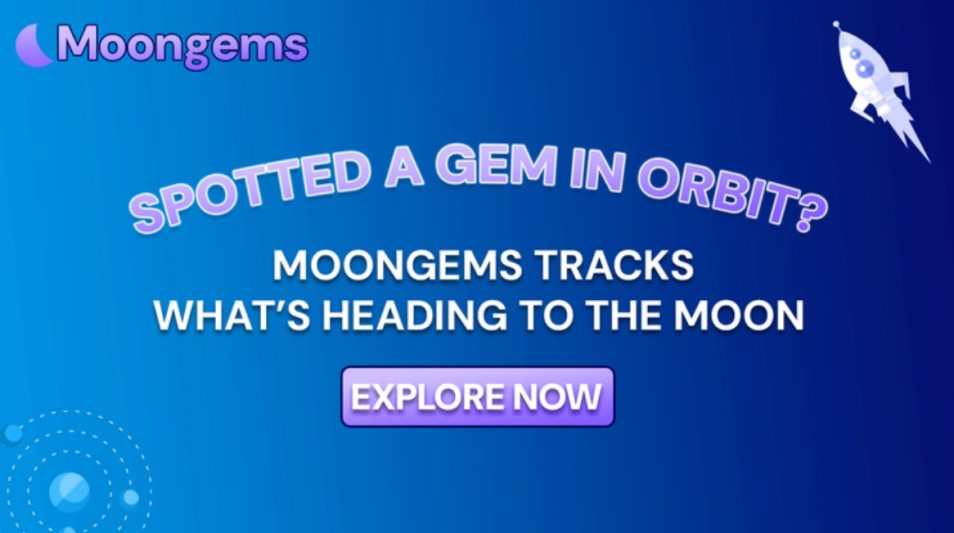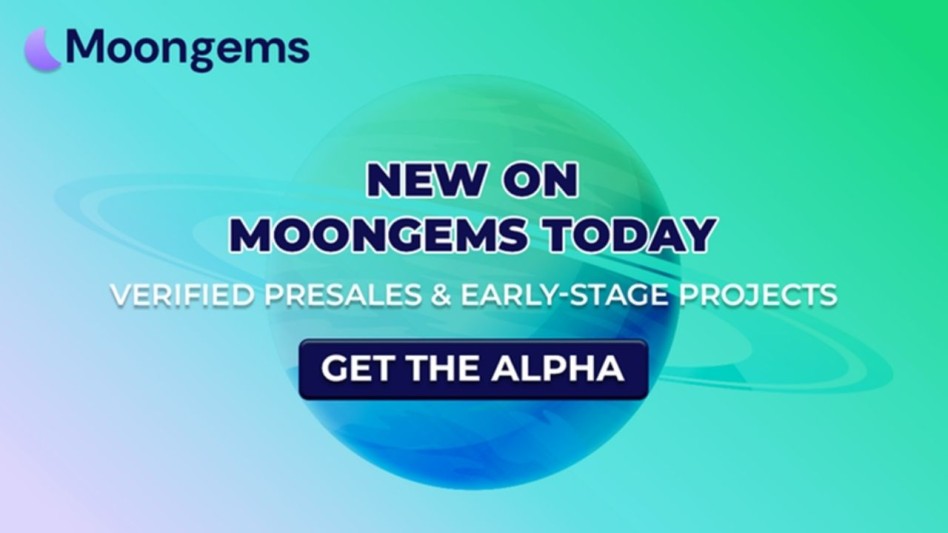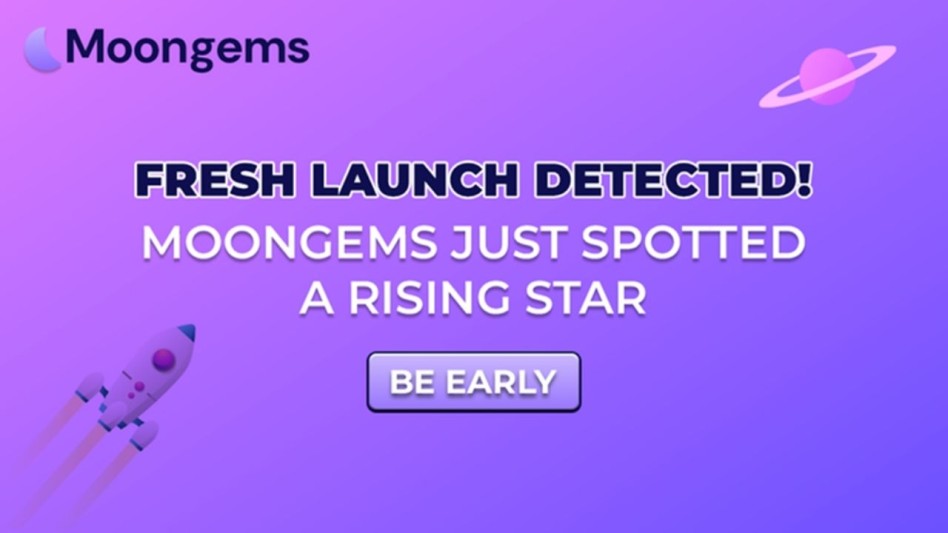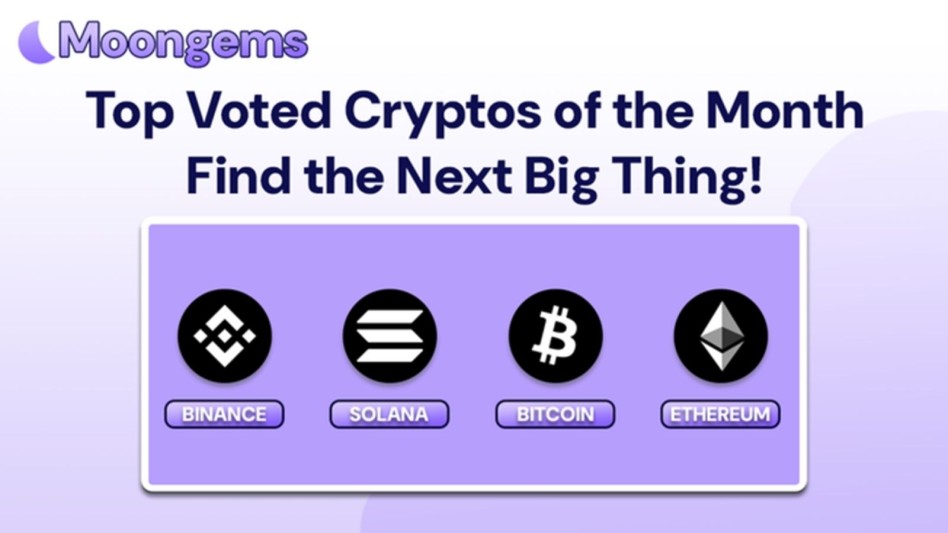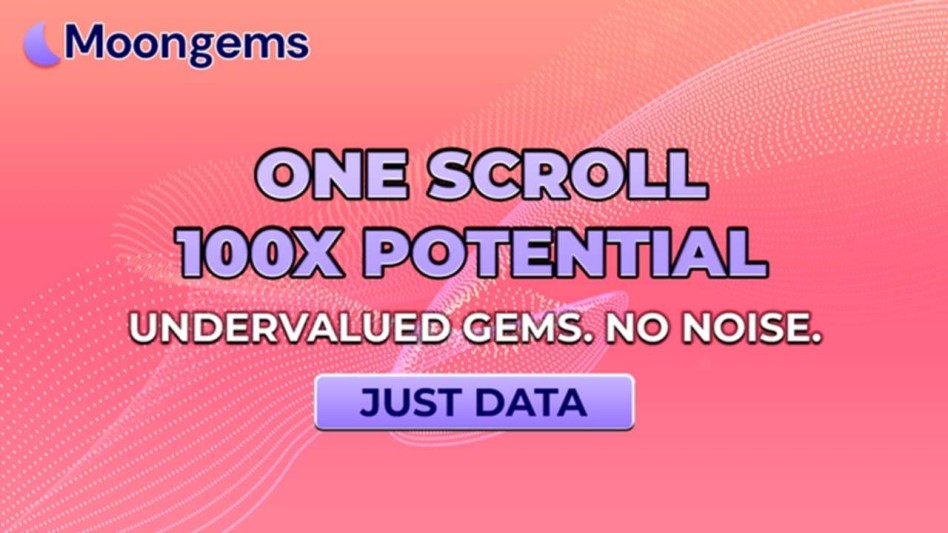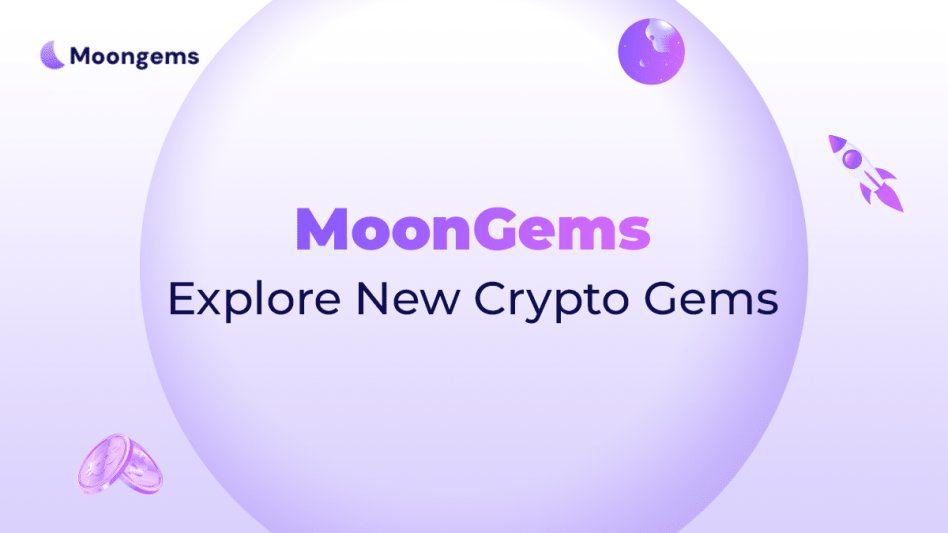In 2025, one of the most exciting conversations in crypto isn’t about meme coins or speculative DeFi tokens. It’s about real-world assets (RWAs). From real estate and commodities to treasury bonds and invoices, RWAs are moving on-chain at an accelerating pace. The presale model, once dominated by utility tokens and experimental DeFi projects, has shifted to include asset-backed tokens.
This transformation matters because RWAs create a bridge between traditional finance and blockchain economies. Presales of RWA projects now offer investors not just speculative upside, but exposure to tangible assets. Market analysts and research firms like Messari note that tokenized RWAs could surpass $16 trillion by 2030 if adoption continues (Boston Consulting Group Report).
Platforms like MoonGems are helping early investors filter legitimate RWA presales from risky launches, making presale analysis more transparent and data-driven than ever.
What Are RWA Presales?
RWA presales are early token sales where the underlying assets are linked to off-chain, real-world items. Instead of buying tokens that represent unproven ecosystems, investors participate in offerings backed by:
- Real estate: Tokenized property fractions
- Commodities: Gold, oil, or agricultural assets
- Government bonds: Tokenized treasuries with stable yield
- Invoices and receivables: TradFi lending instruments brought on-chain
MoonGems’ presale calendars show a rapid uptick in RWA-focused projects in 2025, reflecting a shift from speculative hype to asset-backed security.
Why RWAs Are Becoming the “Next Gold Rush”
-
Institutional confidence: Tokenization provides liquidity to illiquid markets. BlackRock’s CEO has called tokenization the next generation of markets. Tokenized U.S. treasuries on Ethereum exceeded $1B by mid-2025 (Chainalysis).
-
Diversification and stability: RWAs offer safer alternatives to meme coins, attracting investors seeking yield and security.
-
Global accessibility: For the first time, someone in Asia can buy fractions of European real estate or U.S. bonds without intermediaries.
-
Yield generation: Tokenized bonds distribute coupon payments directly to wallets (CoinDesk, July 2025).
Challenges Facing RWA Presales
- Regulatory complexity: SEC rules in the U.S. and MiCA in Europe make compliance essential. PwC found that 40% of RWA launches faced delays due to regulation.
- Custody and trust: Asset-backed tokens are only as reliable as their custodians.
- Liquidity risks: Without strong secondary markets, investors can be locked in. MoonGems dashboards help monitor these conditions.
- Integration with DeFi: Without ERC-3643 and interoperability, RWAs risk isolation.
Case Studies from 2025
- Tokenized treasuries: Raised $200M quickly but faced delays from compliance filings.
- Fractionalized real estate: Demand fell 40% after audit delays created trust issues.
- Commodity-backed tokens: Energy tokens collapsed when custodians failed to prove reserves, reinforcing the importance of third-party verification.
Market Sentiment and Analyst Discussions
Crypto analysts on X and Telegram highlight Solana’s 65,000 TPS throughput (verified on its block explorer) as ideal for RWA scaling. Communities tracked by MoonGems show rising comparisons between RWA yields and DeFi, with investors shifting toward stable, asset-backed projects.
Key Indicators of Successful RWA Presales
- Transparent custodianship with audits
- Regulatory alignment with SEC, MiCA, and FATF guidelines
- Sustainable yield models tied to real cash flow
- Healthy liquidity through DeFi integrations
- Positive community sentiment, tracked on platforms like MoonGems
Lessons for Investors and Developers
For Investors:
- Verify audits and custodianship
- Use MoonGems to track presale transparency
- Watch for compliance filings
- Be skeptical of overly high yields
For Developers:
- Design tokens with compliance in mind
- Publish regular audits and partner with trusted custodians
- Build DeFi interoperability
- Engage communities transparently
The Road Ahead: RWAs in 2026 and Beyond
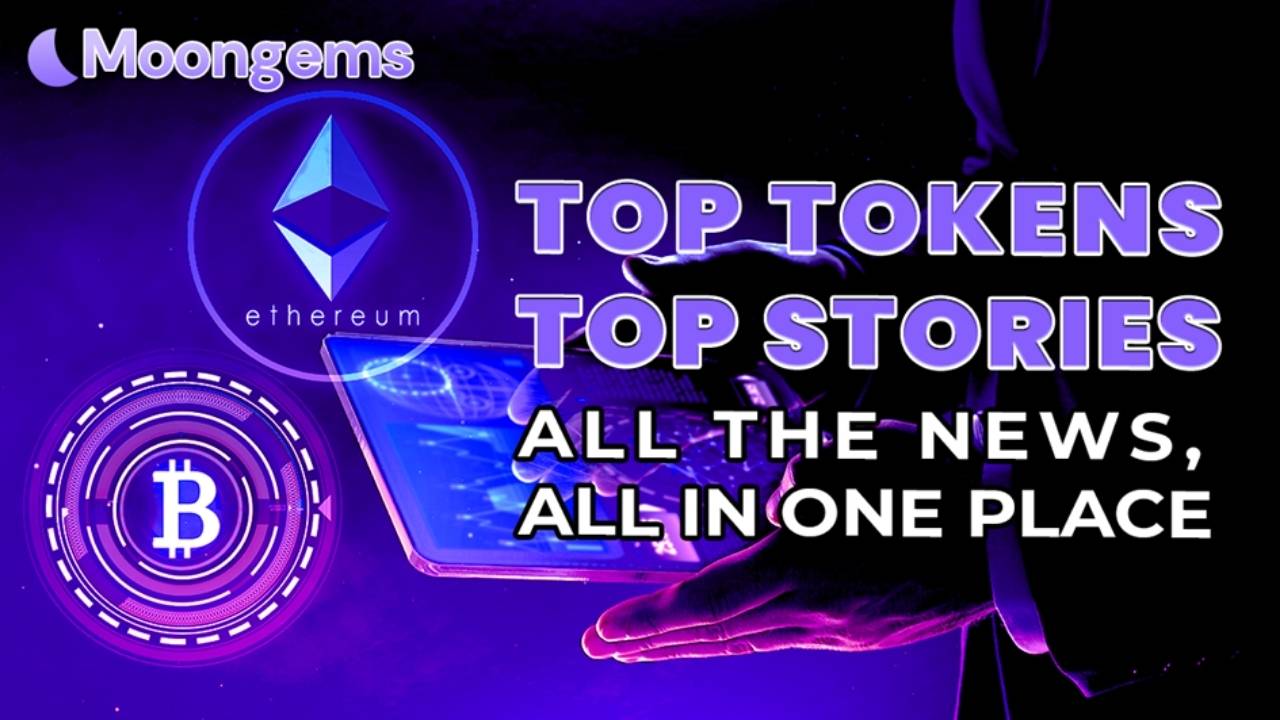
RWAs represent a new era for crypto presales. Looking forward, institutional adoption will accelerate, compliance will become standardized, and RWA tokens will integrate deeper into DeFi. Platforms like MoonGems will remain critical in guiding investors through this evolving market.
Frequently Asked Questions
What are RWA presales?
They are early token sales backed by real-world assets like real estate, commodities, or bonds.
Why are RWAs gaining popularity?
They provide stability, yield, and global accessibility compared to speculative crypto assets.
What risks do RWA presales carry?
Regulatory hurdles, custodian trust issues, liquidity shortages, and weak DeFi integration.
How can investors evaluate RWA presales?
Look for audits, regulatory compliance, and use MoonGems for transparency checks.
Are RWA tokens considered securities?
In many jurisdictions, yes. SEC and MiCA filings often apply.
Can RWAs scale on chains like Solana?
Yes. Solana’s high throughput makes it attractive for RWA transactions.
What role do analytics tools play?
MoonGems provides sentiment tracking, liquidity analysis, and presale calendars.
Glossary of Key Terms
- RWA (Real-World Assets): Off-chain assets like real estate or bonds represented on-chain.
- Tokenization: Converting ownership rights into blockchain-based tokens.
- Custodian: A trusted party responsible for holding assets backing a token.
- ERC-3643: Ethereum token standard for compliant asset tokenization.
- Liquidity Risk: Inability to sell or trade tokens without impacting price.
- Yield: Income from an investment such as rent or bond coupons.
- Compliance: Adherence to laws governing securities and commodities.
- Fractionalization: Splitting asset ownership into tradable units.
- Presale: Early token sale before exchange listing.
- Smart Contract Audit: Code review by independent security experts.
Disclaimer
This article is for educational purposes only and should not be taken as financial or investment advice. Cryptocurrency presales carry high risks, including potential loss of capital, regulatory uncertainty, and market volatility. Always conduct your own research, use platforms like MoonGems for presale analysis, and consult licensed financial advisors before making investment decisions.



